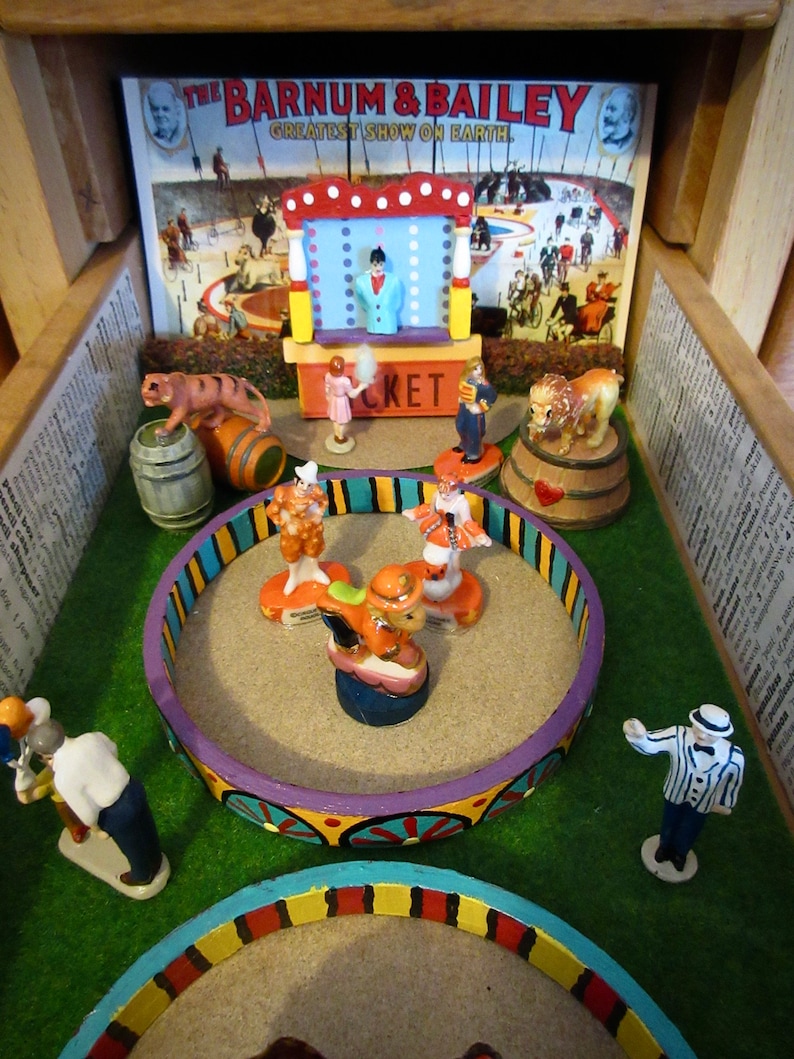reply to u/atrebatian at https://www.reddit.com/r/antinet/comments/13dsj8v/celtic_druid_history/
I've only scratched the surface of the Druids, but have gotten pretty deep into Celtic history over the past few years, including becoming reasonably fluent in colloquial Welsh and working on old Welsh for some research.
As an excellent set of introductions, I'd recommend:
Paxton, Jennifer. The Celtic World. Great Courses, 2251. The Teaching Company, Chantilly, VA, 2018.
Cunliffe, Barry. The Celts: A Very Short Introduction. Very Short Introductions. Oxford, New York: Oxford University Press, 2003.<br />
———. Druids: A Very Short Introduction. Very Short Introductions. Oxford, New York: Oxford University Press, 2010.
You'll also probably appreciate the following:
Aldhouse-Green, Miranda. Animals in Celtic Life and Myth. Routledge, 1993.<br />
———. Caesar’s Druids: An Ancient Priesthood. Yale University Press, 2010.<br />
———. The Celtic Myths: A Guide to the Ancient Gods and Legends. Thames and Hudson, 2015.<br />
———. The Celtic World. Routledge, 2012.<br />
Avalon, Annwyn. Water Witchcraft: Magic and Lore from the Celtic Tradition. Red Wheel Weiser.<br />
Bridgman, Timothy P. Hyperboreans: Myth and History in Celtic-Hellenic Contacts.<br />
Chadwick, Nora. The Celts: Second Edition. Revised edition. London ; New York, N.Y: Penguin Books, 1998.<br />
Conway, D. J. Celtic Magic. LLewellyn’s World Magic Series, 1.0, 2011.<br />
Cunliffe, Barry. The Ancient Celts. 1st edition. Oxford ; New York: Oxford University Press, 1997.<br />
Fagan, Edited by Brian M., ed. The Oxford Companion to Archaeology. Oxford Companions. Oxford, New York: Oxford University Press, 1996.<br />
Fimi, Dimitra. Celtic Myth in Contemporary Children’s Fantasy: Idealization, Identity, Ideology. Critical Approaches to Children’s Literature, 1.0, 2017.<br />
Forest, Danu. Celtic Tree Magic: Ogham Lore and Druid Mysteries. Llewellyn Worldwide, LTD., 2014.<br />
Hughes, Kristoffer. The Book of Celtic Magic: Transformative Teachings from the Cauldron of Awen. Llewellyn Worldwide, LTD., 2014.<br />
King Arthur: History and Legend. Streaming Video. Vol. 2376. The Great Courses: Literature and Language. Chantilly, VA: The Teaching Company, 2015. https://www.wondrium.com/king-arthur-history-and-legend.<br />
Rutherford, Ward. Celtic Mythology: The Nature and Influence of Celtic Myth from Druidism to Arthurian Legend. Red Wheel Weiser.
One of my favorites on memory which underpins early Celtic life and is likely related to Druids, (but which doesn't cover them directly, but is likely similar to their memory practice) is the anthropology text:
Kelly, Lynne. Knowledge and Power in Prehistoric Societies: Orality, Memory and the Transmission of Culture. Cambridge: Cambridge University Press, 2015. https://doi.org/10.1017/CBO9781107444973.
I've also got lots of research on henges and wooden/stone circles and related archaeology in early British isles history, but this may be afield from your interests.









